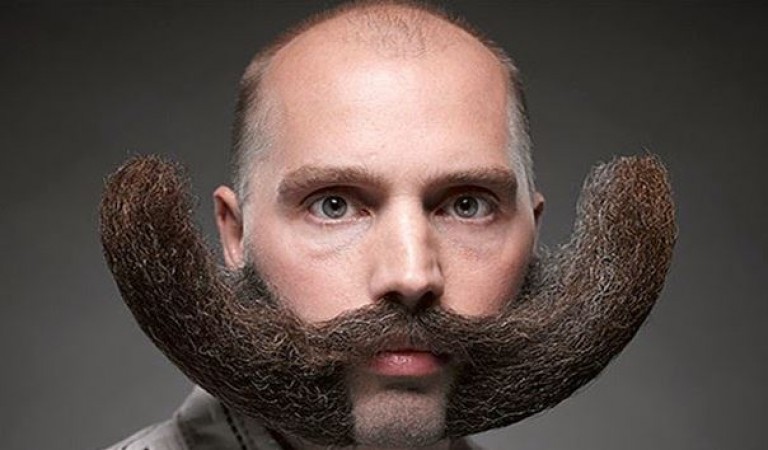
Introduction: Understanding Pogonophobia
Pogonophobia, derived from the Greek words "pogon" (beard) and "phobos" (fear), is a specific phobia characterized by an intense and irrational fear of beards. People with pogonophobia may experience extreme anxiety, panic attacks, or a strong desire to avoid any situation involving bearded individuals.
The Origin and Causes of Pogonophobia
The origins of pogonophobia can be traced back to various factors. One common cause is a traumatic incident related to beards during childhood, such as being scared or intimidated by someone with a beard. Other causes may include cultural or societal influences, negative experiences associated with bearded individuals, or even a genetic predisposition to fear certain physical attributes.
Symptoms and Effects of Pogonophobia
Individuals with pogonophobia may exhibit a range of symptoms when confronted with bearded individuals or the mere thought of encountering them. These symptoms can vary in intensity and may include rapid heartbeat, shortness of breath, trembling, sweating, nausea, and a sense of impending doom. The fear of beards can significantly impact daily life, causing social isolation, avoidance of public spaces, and difficulty forming relationships.
Overcoming Pogonophobia: Coping Strategies
If you or someone you know struggles with pogonophobia, there are various coping strategies that can help manage the fear:
Education and Understanding: Learning about the fear of beards can demystify the condition and provide a sense of control.
Gradual Exposure: Gradually exposing oneself to bearded individuals in a controlled and supportive environment can help desensitize the fear.
Cognitive-Behavioral Therapy (CBT): Seeking professional help from a therapist trained in CBT techniques can assist in identifying and challenging irrational thoughts and beliefs associated with beards.
Relaxation Techniques: Utilizing relaxation techniques, such as deep breathing exercises or meditation, can help reduce anxiety levels.
Support Groups: Joining support groups or connecting with others who share similar fears can provide a sense of belonging and encouragement.
Famous Cases of Pogonophobia
Throughout history, there have been notable cases of pogonophobia. For example, Alexander the Great, the famous Macedonian king, had a strong aversion to beards and required his soldiers to be clean-shaven to prevent their enemies from having a physical advantage during combat. Similarly, famous American author Mark Twain had a deep dislike for beards and even wrote humorous essays on the subject.
The Cultural Significance of Beards
Beards have held cultural significance throughout human history. In some societies, beards symbolize wisdom, masculinity, or religious devotion. However, it is important to recognize that personal preferences and cultural norms vary widely. Understanding and respecting individual choices regarding facial hair can foster inclusivity and acceptance.
Conclusion
Pogonophobia, the fear of beards, is a specific phobia that can significantly impact the lives of those affected. By raising awareness, providing support, and promoting understanding, we can create a more inclusive society where individuals with pogonophobia can feel understood and accepted.
The Bountiful Benefits of Eating Seasonal Fruits: Nature's Nutritional Treasure
Unearthing the Power of Potatoes: 5 Surprising Health Benefits You Need to Know